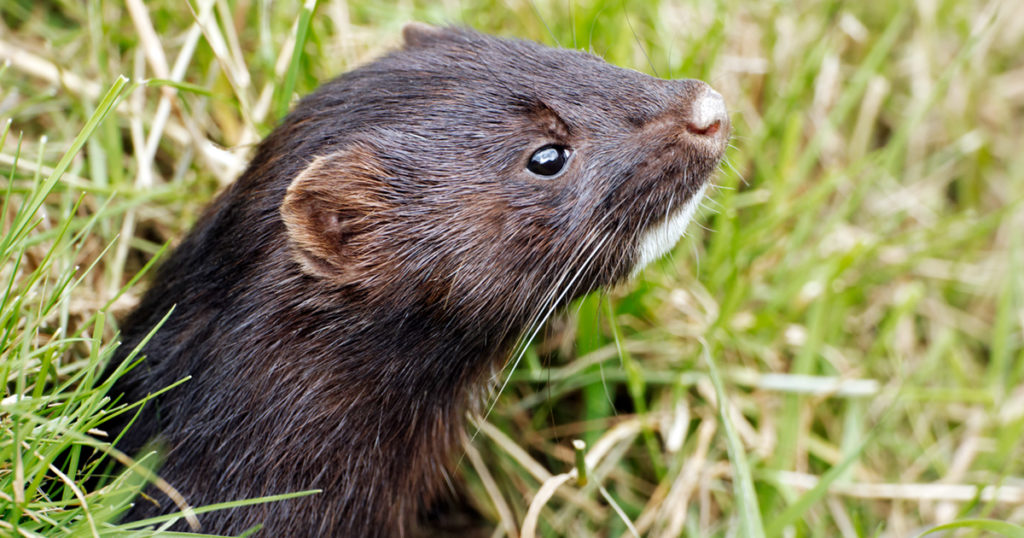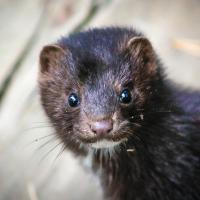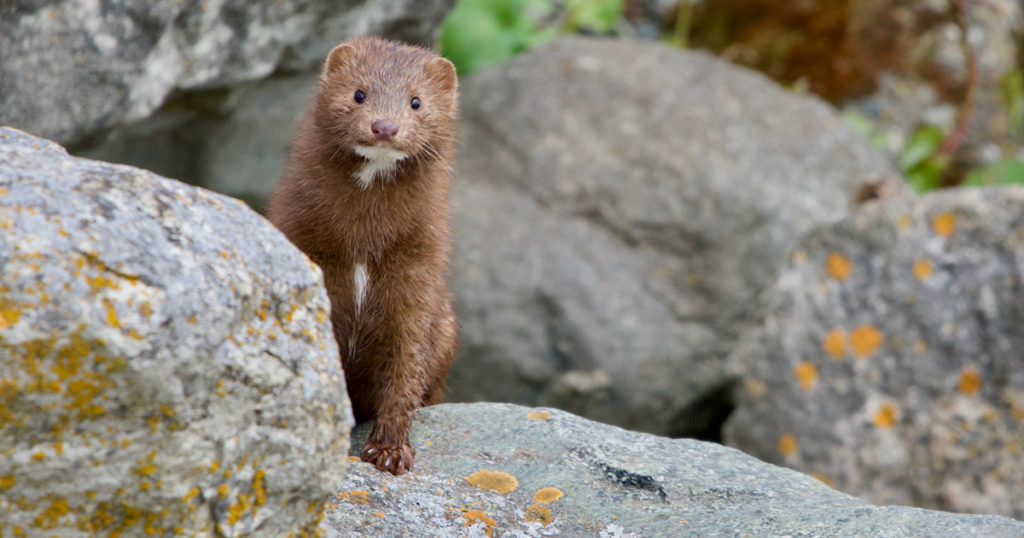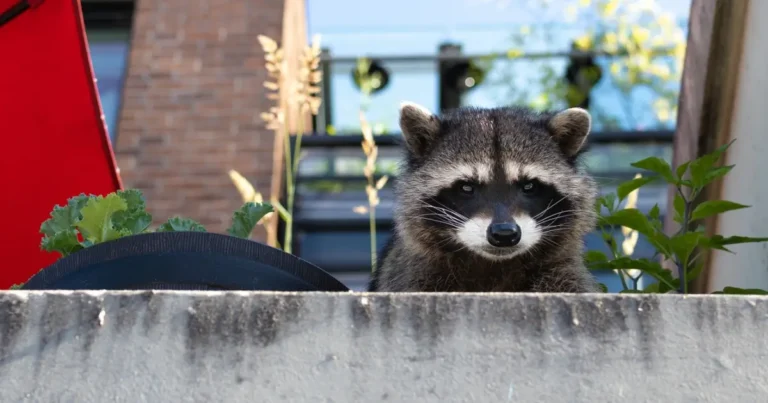
The Fur-Bearers continue to closely monitor the evolving public health, animal welfare and political/legal issues on BC’s mink farms and we wanted to provide an update.
In November of 2021, the Government of British Columbia announced it would begin a phase-out of mink farming. This resulted in amendments to the Fur Farm Regulation which introduced new requirements and offences for mink farming. Among these are prohibitions against any further mink breeding or bringing new mink to fur farms.
The BC mink industry filed a lawsuit against the BC government in February 2022 in an attempt to overturn the ban. An application for an interim stay on the ban was brought forward, meaning that the mind industry asked the court for temporary relief from the ban so they could breed mink in 2022 until their case is heard. But the B.C. Supreme Court denied the interim stay, which means fur farms won’t be allowed to breed more mink (their full case is yet to be heard).
Shortly before this, on February 22, the World Organisation for Animal Health (OIE) reported that five more mink had died because of SARS-CoV-2 on one of BC’s mink farms, nearly a full year after the initial outbreak on this fur farm.

In regards to the second point, The Fur-Bearers have reached out to government officials to ensure the breeding ban is being adhered to. We are pleased to report that we have received confirmation from the Ministry of Agriculture, Food, and Fisheries (MAFF) that the ministry is taking an active role in ensuring the new regulations on breeding are being complied with.
In a recent statement to The Fur-Bearers, MAFF has written, “The Ministry will be actively monitoring compliance on the mink farms in the coming months. Inspections will occur on an ongoing basis to ensure that farmers are complying with the requirements of the regulation, including the ban on breeding.” The ministry also noted that the Fraser Health Authority has orders on mink farms and will conduct compliance verification for their requirements.
We commend the government for taking an active role in enforcing these new regulations. The Fur-Bearers will continue to monitor the situation to ensure that laws are being enforced and adhered to.
How many farmed mink are left in BC?

It was learned during the injunction hearing that 10,825 mink remain on BC’s fur farms. With the court denying the industry’s interim stay to breed further mink, and with the government taking steps to monitor compliance with the regulations, no further mink should be born onto fur farms in BC (pending the outcome of the industry’s legal challenge). What this ultimately means is that at least for now, no more mink will be bred only to suffer their entire lives in small wire cages to be killed for their fur. This also means that the public health risks arising from mink farms has been reduced.
According to Statistics Canada, 262,400 mink were born on BC’s fur farms in 2020. This year, it will be zero.
Thanks to your support, the advocacy from all organizations and individuals, and the province for acting on mink farming, the lives of hundreds of thousands of individual animals have been spared from needlessly suffering on fur farms. Soon the only mink in British Columbia will be those living in the province’s wilderness, in their natural habitats.
Our work to monitor the operations of commericial fur farms continues, but we can’t do this without your support. Consider becoming a monthly donor to help our campaigns and be part of the movement to make fur history in Canada. The link to become a donor is at the bottom of this page.
Thank you for your support.
